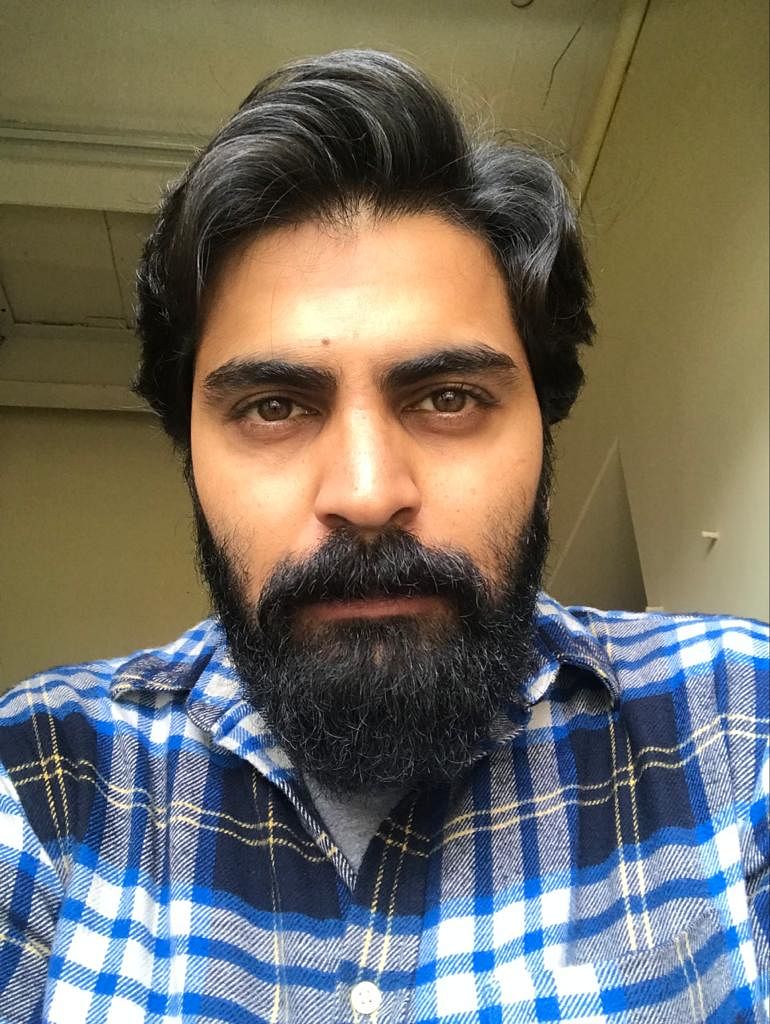Cabinet okays Rs 455cr for KC valley project-phase 2
The controversial Koramangala-Challaghatta valley project of pumping treated sewage water from Bengaluru to fill up lakes in Kolar and Chikkaballapur districts will be scaled up as the Cabinet approved on Thursday Rs 455 crore for its second phase.
In the first phase, being implemented at a cost of Rs 1,270 crore, about 20 lakes have been filled up, so far, and all the targeted 126 lakes will be covered by the end of this year, Rural Development and Panchayat Raj (RDPR) Minister Krishna Byre Gowda said while briefing reporters.
“In the second phase, it is estimated that another 200-250 lakes will get filled up,” Gowda said. “This project is meant to improve water table and not for irrigation or drinking water,” he said.
The project faced resistance from environmentalists. In July 2018, soon after the project started, the piped water turned black and churned out white froth.
Early this year, the Supreme Court stayed the project after petitioners argued that the water was contaminated with heavy metals and high nutrients. The stay was vacated in April.
Gowda, however, defended the decision. “People have already welcomed this project. When we speak with farmers, they tell us about the benefits. Eucalyptus farmers, for example, have now switched to horticulture crops, which shows that groundwater levels have improved,” he said. “But we have asked officials to scientifically assess how the project has helped.”
The project was imperative for the parched Kolar and Chikkaballapur districts where groundwater levels have plummeted to 1,500 feet, he added.
RO units upkeep
The Cabinet approved spending an estimated Rs 533 crore over five years to outsource the maintenance of drinking water purification units that use reverse osmosis (RO) technology.
Of the 18,000 units approved, about 16,000 are functional and 700-800 of them are dysfunctional at any given point in time.
“Because gram panchayats are unable to maintain them, the government is getting a bad name. So, we’ve come up with policy guidelines under which we will identify an agency that can take up maintenance of these units at the taluk-level,” Krishna Byre Gowda said.
The government will provide a one-time repair grant of Rs 3,000 for every unit and another Rs 15,000 to convert them from coin-based to smart card-based units.
“We will also provide viability gap funding to the agency’s expenditure if it doesn’t match earnings,” he said. Currently, the cost to run each unit is
38 paise per litre. “Cabinet has decided to charge at least 25 paise per litre,” he added.
